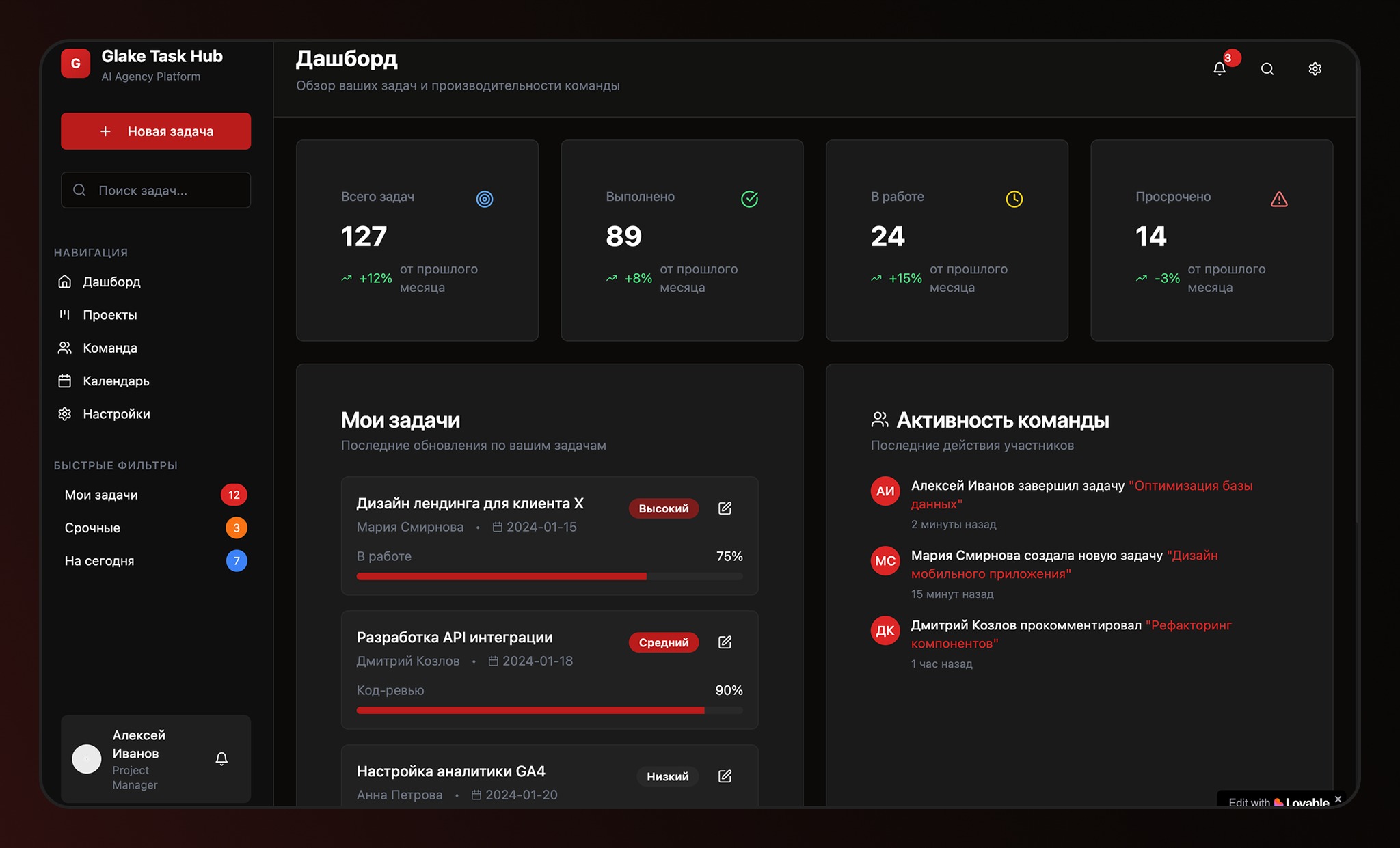Scientists need to learn more about ocean life and ecosystems. However, they face a common problem: the collection of images, videos, and other visual data far exceeds researchers’ ability to analyze them.
“How can we process all this information without automation? Machine learning provides the way forward, but these approaches rely on large training datasets. FathomNet was created to fill this gap,” says MBARI Chief Engineer Kakani Katia.
FathomNet is an open source image database that uses state-of-the-art data processing algorithms to assist in processing the accumulated visual data. The use of artificial intelligence and machine learning will remove the bottleneck in the analysis of underwater images and accelerate important ocean health research.
Machine learning models trained on FathomNet data also have the potential to revolutionize ocean exploration and monitoring. For example, equipping robotic vehicles with cameras and advanced machine learning algorithms could eventually enable automatic search and tracking of marine animals and other underwater objects.
Katie Croff Bell and Ben Woodward, co-founders of the project, and members of the FathomNet extended team detailed the creation of the new image database in a recent scientific publication in Scientific Reports.
Source: Ferra











